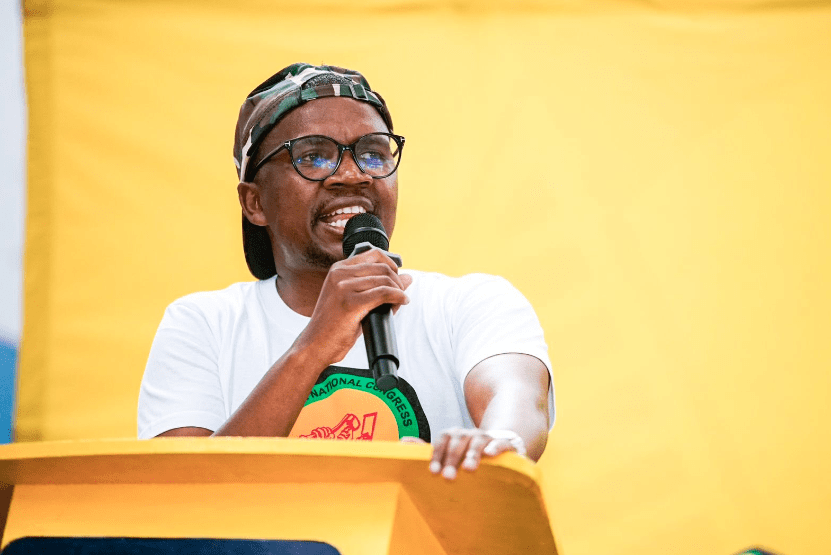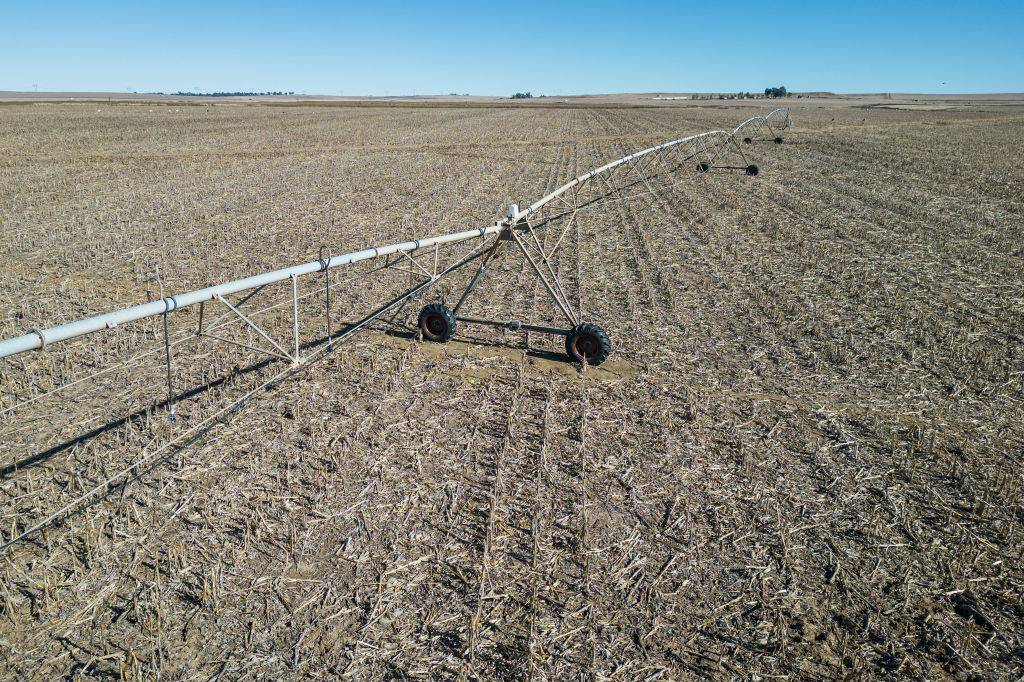South Africans face a financial double blow this month as record fuel prices and electricity tariff increases take effect.
Customers who receive electricity directly from Eskom will see a 9.61% increase from April. The tariff hike for municipal customers comes into effect in July and is likely to be the same or slightly higher than the Eskom hike as many municipalities add a surcharge for additional costs.
Eskom had previously its proposed 20.5% tariff increase for 2022/23, arguing that most of the cost increase was driven by two factors outside of its control: the requirement to increase purchases of energy from independent power producers and the increase in carbon taxes.
The group has also indicated that it plans to ask for a further 15.07% increase in 2024 and a 10% increase in 2025. However, this will depend on the actual increase that Nersa grants Eskom this year, with the regulator rarely giving the power utility the full increase that is asked for.
On 5 March 2021, Nersa approved a hike of 15.06% for Eskom’s direct customers, which was subsequently implemented on 1 April 2021. A hike of 17.80% for municipalities was implemented on 1 July 2021.
Over and above the requested tariff increase, Eskom said it is still dependent on further equity support provided by the government to remain a going concern.
Petrol prices
South Africans can also expect another record high petrol and diesel price in April after Russia’s invasion of Ukraine caused global oil prices to skyrocket.
Motorists already paid R1.46/litre more for petrol in March, with the risk of a similar increase in April.
The latest data from the Central Energy Fund shows the petrol price was expected to increase by between R1.73 – R1.81/litre in April. The price of diesel is expected to increase by R2.97 – R3.12/litre.
However, this is expected to be offset somewhat by an emergency intervention announced by finance minister Enoch Godongwana on Thursday (31 March).
Godongwana said this would be done by temporarily reducing the general fuel levy (GFL) included in the Basic Fuel Price by R1.50/litre for the period between 16 April to 31 May 2022.
These changes will be reflected in the cost of diesel and fuel as follows:
- A reduction in the GFL in petrol from R3.85/litre to R2.35/litre
- A reduction in the GFL in diesel from R3.70/litre to R2.20/litre
It is not yet clear when this reduction will take place as South Africa’s fuel prices are typically adjusted at the start of the month and not on the planned start date of the 16th.
Added costs
As it is the start of the financial year for many companies in South Africa, April is typically when other price hikes take effect.
Multichoice has announced a 2.7% weighted adjustment across all of DStv’s packages, with the price of DStv premium now rising by R10 to R839 per month.
Both MTN and Vodacom have also announced price hikes from 1 April.
Vodacom said it capped the increases at 5.3%, and that the increases would only apply to subscription fees. Instalments on devices will not be affected by the increase.
MTN said an inflationary environment has significantly contributed to increased input costs, compelling it to react to sustained market pressures and increase contract prices.
“We have tried to keep the price increases to a minimum in a bid to provide our customers with quality telecommunications services as cost-effectively as possible,” said MTN SA chief consumer officer Mapula Bodibe.
“The tariffs will be an average increase of 5%, which is in line with inflation and comparable to the market.”
Read: Emergency petrol price intervention announced for South Africa





















Discussion about this post